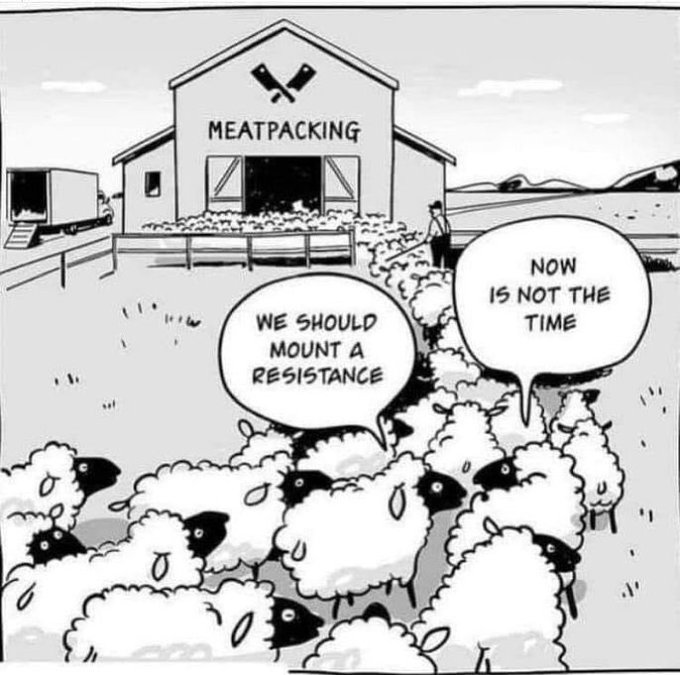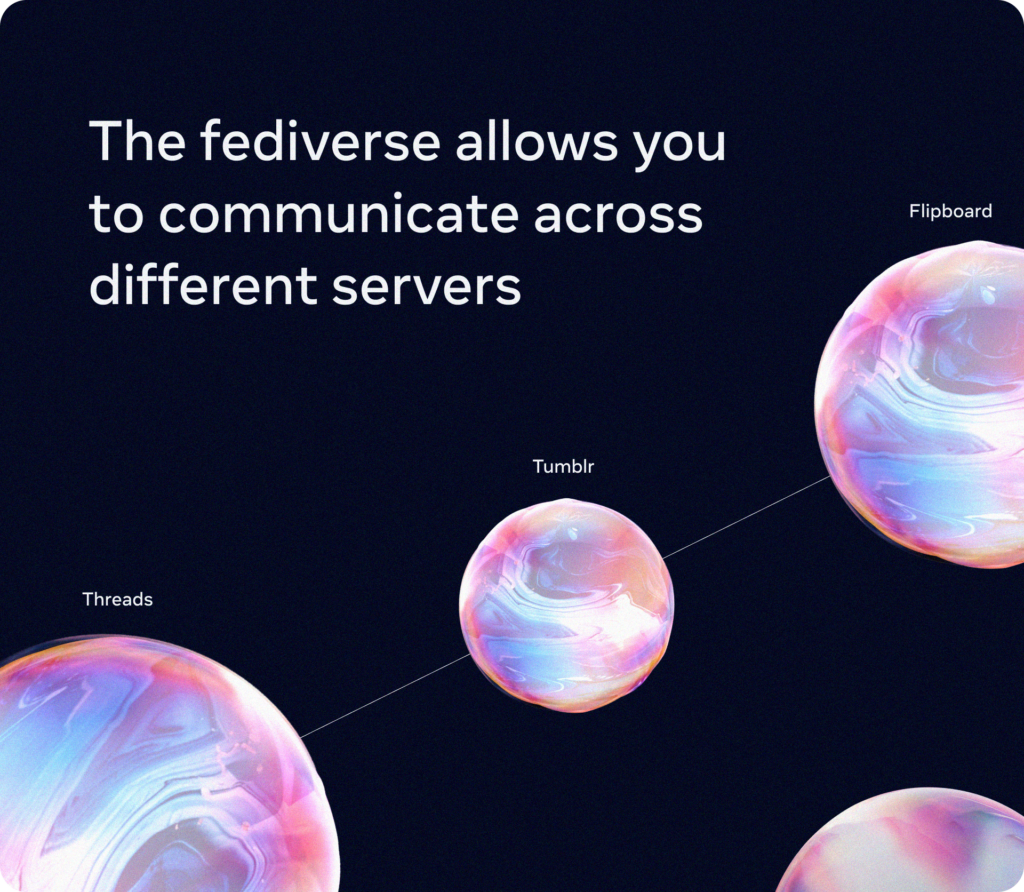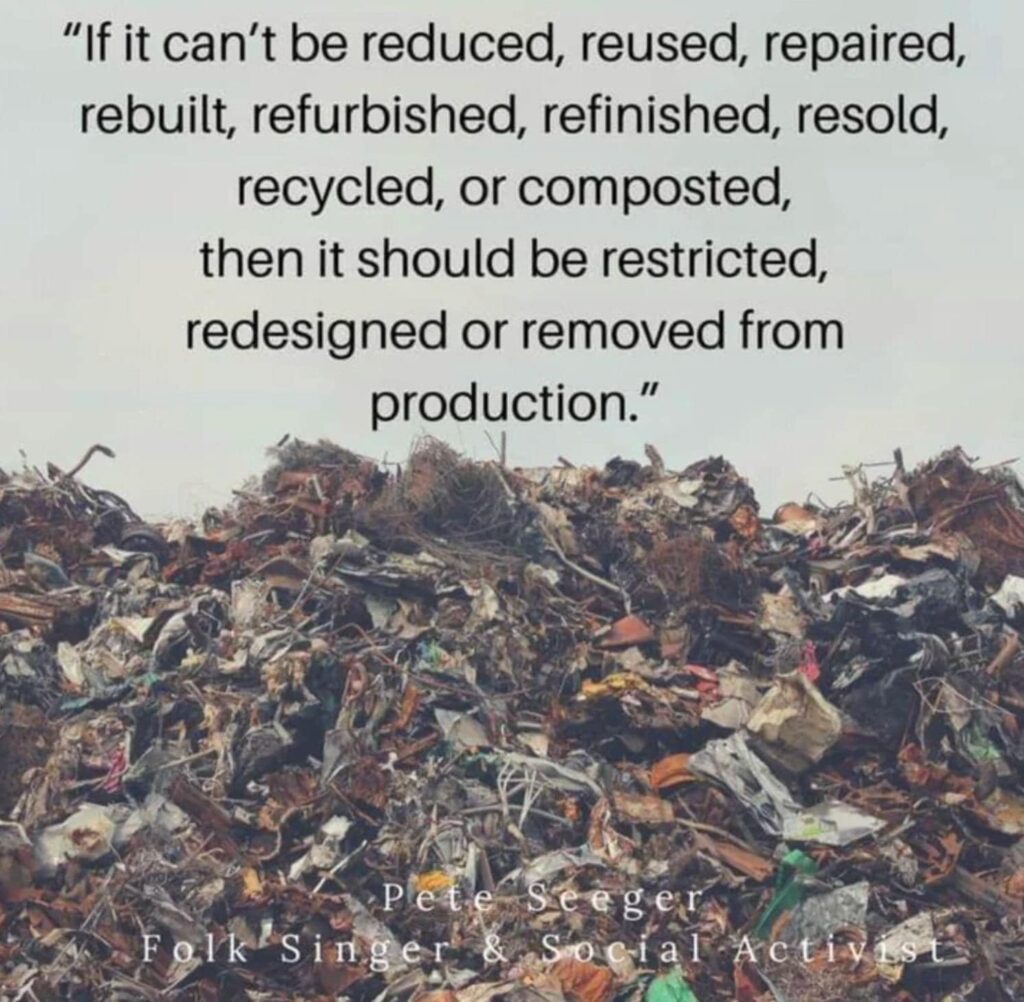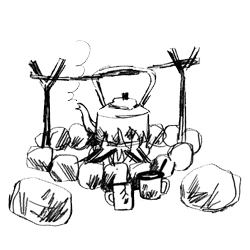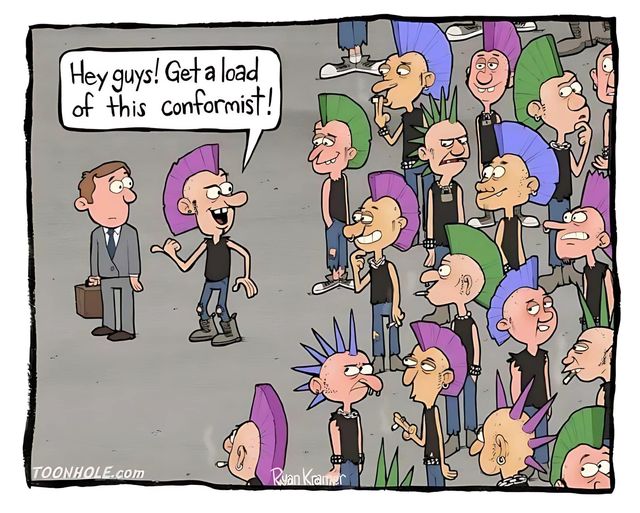The imperialism visible in FediForum is a part of the broader critique of the culture surrounding it, that can help to highlight a core issue in the evolution of the openweb and grassroots activism: the tension between #mainstreaming (enclosure) and grassroots commons (open, decentralized commons paths).
The Cultural Divide, the culture around FediForum is #NGO and #liberal, #dotcons-friendly, a path that tends to centralize control and enclosure, even in discussions about decentralization. The use of #closedsource tools like Zoom and Eventbrite highlights this contradiction. This cultural divide is significant, grassroots communities, including those on SocialHub, reject participation in spaces dominated by tools and processes that contradict the #4opens values. While this isn’t necessarily about whether the individuals involved are “good or bad,” it’s crucial to acknowledge the cultural influence of #NGO and corporate models, that seek to enclose and professionalize what should remain a grassroots, commons-based path, we need to do this so as not to simply end up enclosing the commons in ignorant “common sense” paths. Now that’s a mouth twister 😉
Lack of a Bridge, suggests a commons-oriented solution—a bridge between these two cultural approaches through transparent linking and collaboration between different projects (e.g., FediForum and SocialHub) which would respect the decentralized nature of the #openweb. I personally talk to them about this at the first event, unfortunately, this advice was ignored, and the #NGO path continued, leading to the ideological exclusion of grassroots participants who have been building the Fediverse and the openweb for years at this paywalled event
The #4opens is useful to highlight what for meany people is an invisible, thus unimportant divide:
Applying the #4opens framework is a helpful way to assess the project’s alignment with the openweb’s foundational values. Here’s a quick DRAFT breakdown of how FediForum fares:
Open Data: They are somewhat open, using Creative Commons licenses and publishing event videos openly, but the paywall during the events limits input and participation, reducing the openness. Partial TICK.
Open Source: The CMS might be FOSS, but the reliance on closed-source platforms for the events themselves (Zoom, Eventbrite) contradicts the open-source ethos. Half TICK or none.
Open Industrial Standards: Limited to some RSS feeds, but the integration of proprietary platforms makes it hard to give full credit here. No TICK.
Open Process: Organizing is closed, with paywalled events, though the unconference format allows for more open discussions. However, the ideological closure to many grassroots participants remains. Half TICK.At best, this makes FediForum a bronze #4opens project with significant room for improvement. At worst, it’s not aligned with the #4opens, thus the #openweb at all.
Moving Forward, what’s missing is a mediation space where these different paths can intersect without one side dominating the other. This space could look like the #OGB with each participant being an affiliate stakeholder https://unite.openworlds.info/Open-Media-Network/openwebgovernancebody
The path that keeps “commons” open is activism, which is about making it hard for these values to be ignored. In this case, we could start this by pushing for the adoption of simple steps like linking and transparency (#KISS). This can begin to rebuild bridges that better reflects the diverse contributions of all involved, without closing doors on those who helped build it in the first place.
